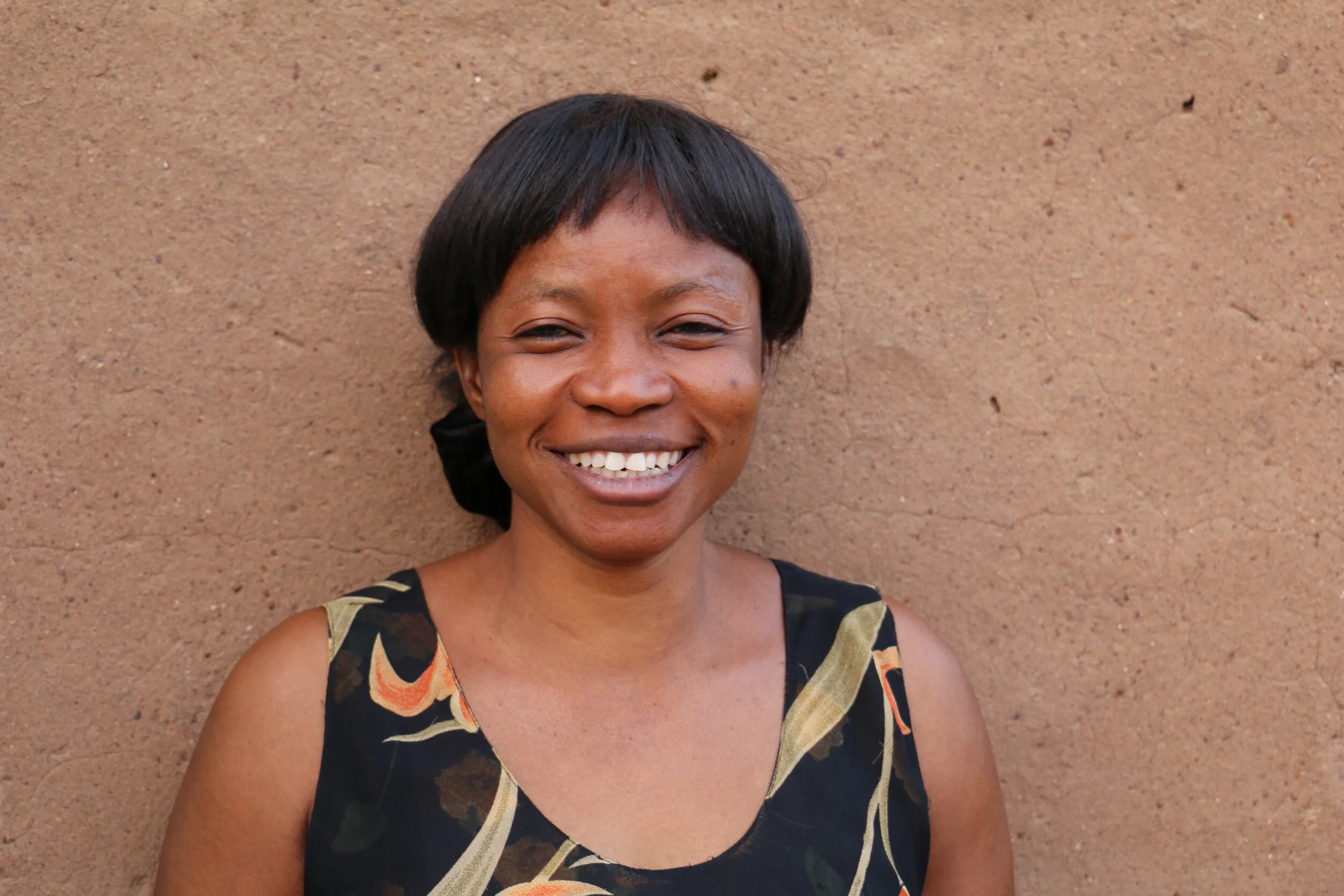The Story of SWBA
Prior to Widowhood
In a village called Saaba on the edge of the capital city Ouagdougou, Burkina Faso, West Africa, an energetic Chantal Poda raised her four children with her husband Augustin as young parents.
Living in one of the poorest countries in the world had Chantal and Augustin struggling financially, even with their steady jobs. Everyday they witnessed the plight of homeless children, and decided after several months of checking out the character and trustworthiness of a street boy to invite him to live with them. Over the next four years, they invited another four street boys to live with them until they had five, joining their four biological children.
Becoming a widow
In 2011, Augustin died from kidney failure and Chantal was left a widow, and her children were left “father-orphaned.” She braced herself for the typical attack from a husband’s family to take all her belongings and children, as they were deemed their brother’s property under old but prevalent cultural customs. She protected her children and belongings through help from neighbours and local law providers. She did however lose the family house and property to her in-laws. This forced her out of her neighbourhood in central Ouagadougou to build a mud house outside the city in Saaba where she lives and works now.
What Chantal hadn’t prepared for was the lack of support for widows and orphans from religious institutions and society in general. Most were overly sympathetic to traditional yet illegal cultural customs and encouraged her to re-marry quickly to regain some societal and financial status. This experience was extremely difficult and disillusioning for her.
Gathering widows
Chantal started to get to know other widows in her neighbourhood and surrounding neighbourhoods and realized that, whether they were from a Christian, Muslim or indigenous African animist background, they too were forgotten or experienced the same trauma. She started to gather widows several times a week to work together to make products they could individually sell on the street including soap, hibiscus and ginger juice, peanut butter for cooking, woven cotton, among others. New widows continued to join.
Saaba Widow’s Cooperative
Everyone in the widow’s cooperative contributed small dues that went towards purchasing supplies for group products, a health insurance program, and training. The women worked together to help each other in caring for their children. Almost all of the 80 widows (as of 2018) had children that were father-orphaned. The cooperative provided a few scholarships for children to go to daycare and school.
The Origin of SWBA
Eventually Chantal and other women registered the widow’s cooperative as an official association with the government called the Saaba Widows Business Association (SWBA). One of the first things they did was lobby the government to designate June 28 as the official National Day for Widows and Orphans to draw awareness to the plight of widow pillaging.
Concerned neighbours in Edmonton became aware of the Association’s efforts early on and started to find ways to collaborate. In 2017, five members of the Edmonton team travelled to Saaba to learn what SWBA was doing, to build relationships and explore areas of collaboration.

